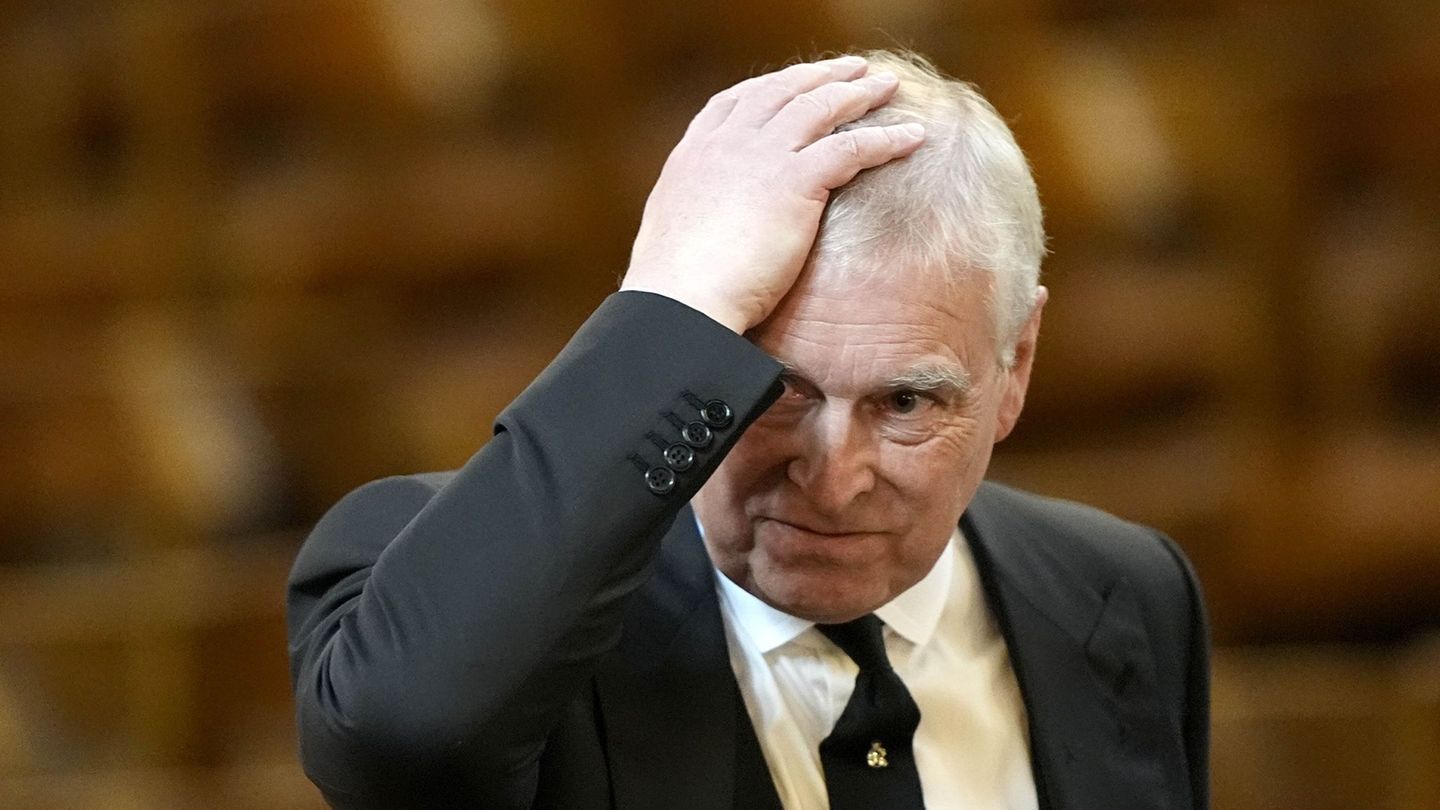Recession in 2023, weak start in 2024: The German economy will probably take longer to pick up speed again. But there is also good news for consumers.
According to the Bundesbank, the weak phase of the German economy will continue into the new year for the time being. “All in all, German economic performance could at best stagnate in the first quarter of 2024,” writes the Bundesbank in its January monthly report. This would delay the expected recovery.
“Overall, the economy is currently slightly weaker than expected in the December projection. Signs that industrial foreign demand had already reached its lowest point were not confirmed,” states the central bank.
In its forecast published in mid-December, the Bundesbank predicted economic growth of 0.4 percent for Germany in 2024 after a decline in 2023. In the medium term, the Bundesbank expects slightly stronger growth of 1.2 percent in 2025 and 1.3 percent in 2026.
Economic output shrank at the end of the year
According to preliminary data from the Federal Statistical Office, the German economy slipped into recession last year: the gross domestic product (GDP), adjusted for prices, fell by 0.3 percent compared to the previous year. In the final quarter, according to one estimate, GDP shrank by 0.3 percent compared to the previous quarter after price, seasonal and calendar adjustments.
The Bundesbank cites, among other things, the further decline in foreign orders for German industry as reasons for the decline in the fourth quarter of 2023. In addition, increased financing costs have dampened investments, especially in residential construction. “Uncertainty about the future direction of fiscal and climate policy is also likely to have weighed on economic activity,” writes the Bundesbank. Consumers remained cautious and were unlikely to have increased their consumer spending at the end of the year.
Inflation rate is likely to “decrease noticeably”
Consumers can hope for relief from general inflation: According to the Bundesbank, the inflation rate is likely to “decrease noticeably again” at the beginning of the new year.
In December, consumer prices rose by 3.7 percent compared to the same month last year, after 3.2 percent in November. An important reason for the jump upwards: a year earlier, in December, the state had once borne the costs of the discount for gas and district heating customers. This price-dampening effect was omitted from the calculation for December 2023.
Source: Stern




